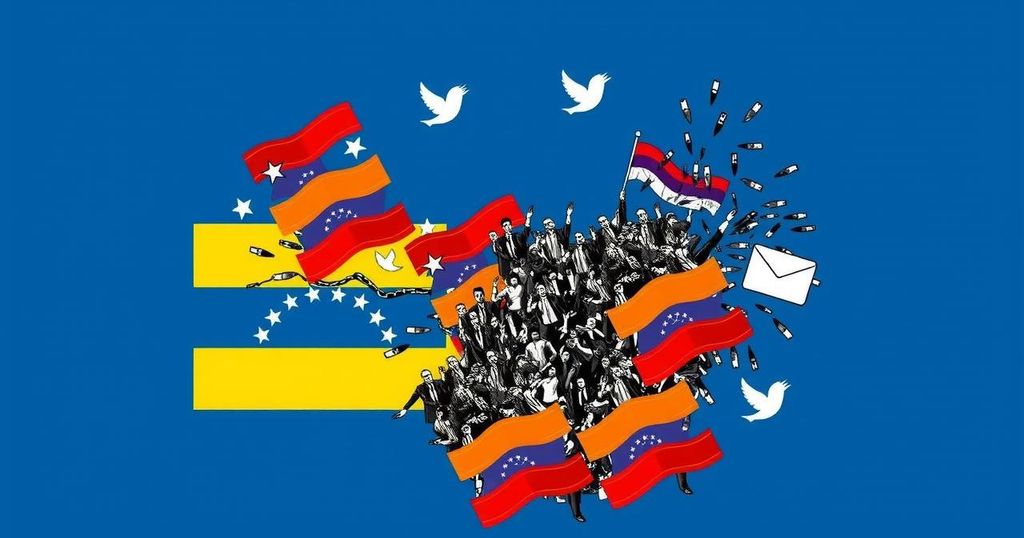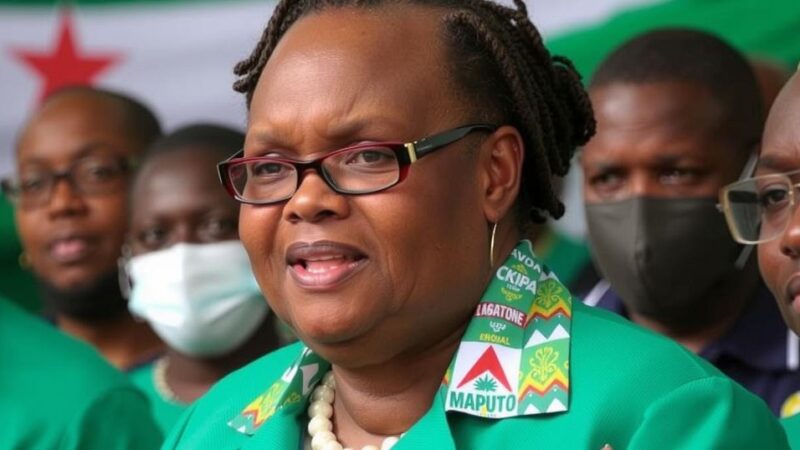The article discusses the rising global and regional dissent against Venezuelan President Nicolás Maduro following his disputed reelection. International recognition of opposition leader Edmundo González Urrutia as president-elect highlights growing demands for electoral integrity. With citizens protesting for truth and accountability, the political atmosphere in Latin America may be shifting towards democratic reform despite Maduro’s enduring autocratic hold.
In the wake of Venezuelan President Nicolás Maduro’s contested reelection victory, a wave of international and regional dissent has surfaced, led primarily by opposition leaders and ordinary citizens demanding electoral transparency. Following widespread protests dubbed the “Great Protest for the Truth,” the Biden administration recognized Edmundo González Urrutia as Venezuela’s legitimate president-elect. Concurrently, Colombian President Gustavo Petro denounced the election as a mistake. This sentiment has been echoed by the European Parliament, which also acknowledged Mr. González’s claim to the presidency, reflecting a broader rejection of Maduro’s regime among Venezuela’s allies.
Five years ago, opposition leader Juan Guaidó declared victory and received international recognition, yet failed to affect tangible change. This time, however, the atmosphere appears different as several nations urgently seek the release of ballot tallies. The shifting political landscape in Latin America, marked by increasing public demand for accountability and honesty from governing bodies, suggests that widespread disillusionment with corrupt elites may be driving this change.
Recognition of Mr. González by key international actors may not ensure his ascension to power due to Maduro’s enduring support from Russia, China, and Iran. The current Venezuelan regime has also ramped up crackdowns against dissent, indicating a growing sense of isolation for Maduro. Nevertheless, charismatic opposition figures like María Corina Machado, who faces government-imposed restrictions on her political activities, remain resilient. From her covert position, she has declared her unwavering commitment to restoring democracy and ensuring the truth prevails.
The political climate in Venezuela has been fraught with allegations of electoral fraud and suppression of democratic processes under Nicolás Maduro’s autocratic rule. Over the years, citizens and opposition leaders have attempted to reclaim their voice through protests and international advocacy. The current situation illustrates the intersection of domestic dissent and international recognition, impacting Venezuela’s struggle for genuine democratic governance. As governments in the region reassess their stances towards Maduro’s regime, the collective push from Latin Americans for integrity in elections highlights a significant political shift. International recognition of opposition candidates by notable entities such as the United States and the European Parliament represents a critical development in the ongoing fight for Venezuela’s democracy. This context amplifies the voices of those demanding electoral honesty, fundamentally altering the framework within which political discourse and action in Venezuela occur.
The ongoing struggle for democracy in Venezuela has intensified with growing international support for opposition figures like Edmundo González Urrutia. As citizens rally against corruption and demand electoral integrity, the political landscape in Latin America reflects their aspirations. Despite formidable challenges posed by Maduro’s regime, the united front of both domestic and international actors may pave the way for meaningful change. The resolve of leaders such as María Corina Machado signals a commitment to accountability and reform that resonates deeply across the region.
Original Source: www.csmonitor.com







